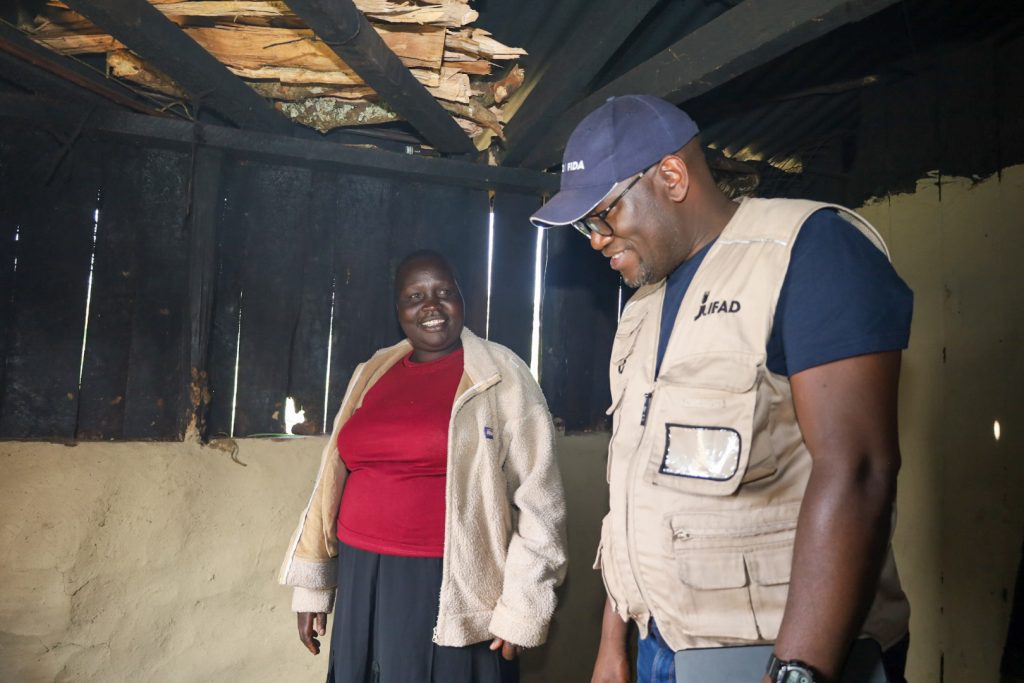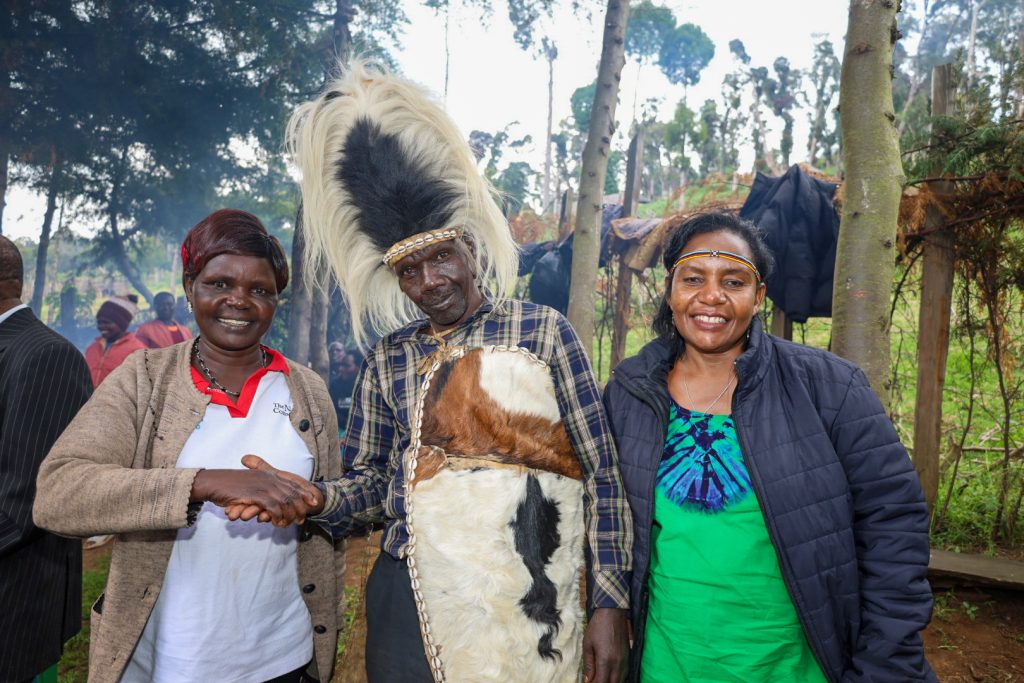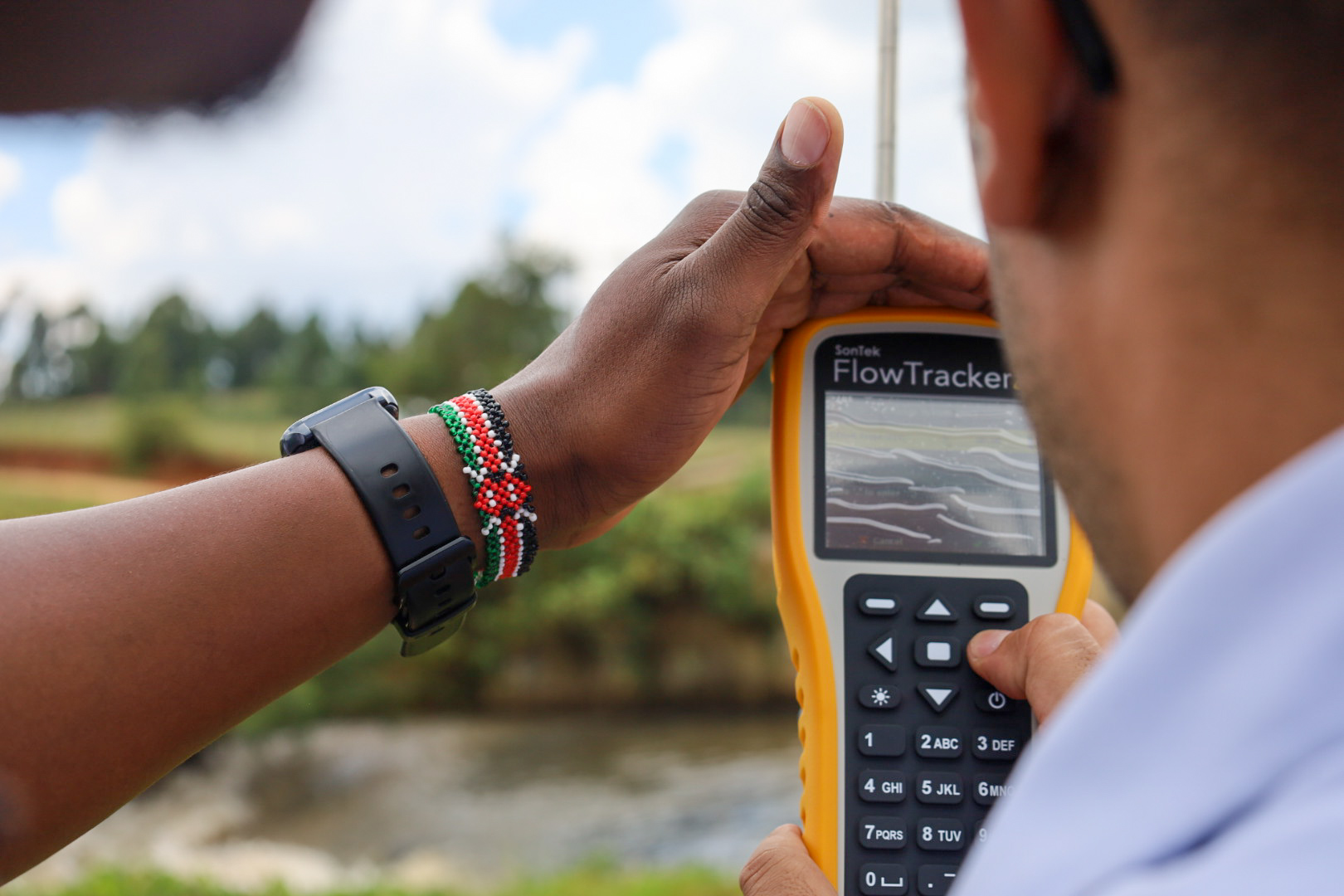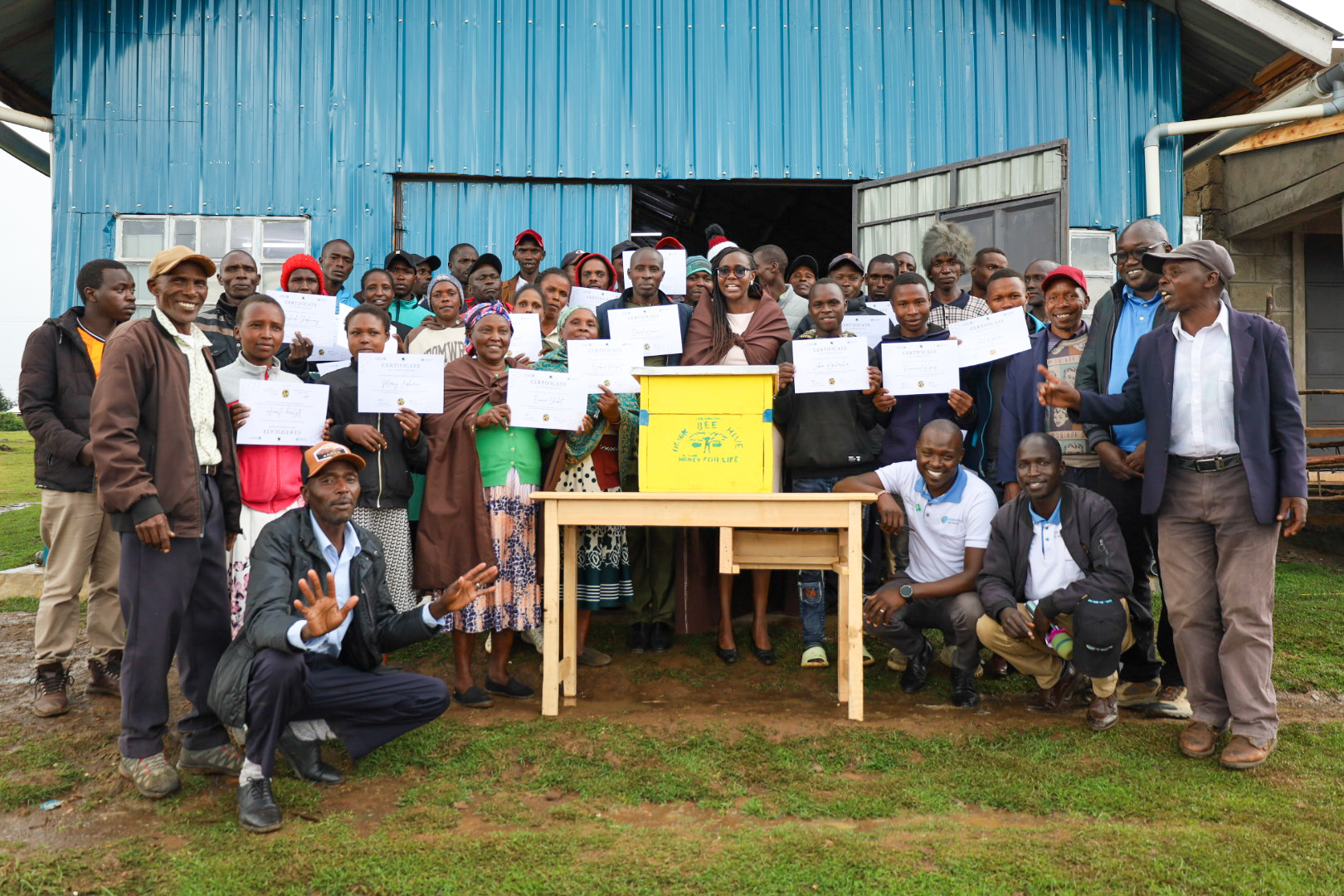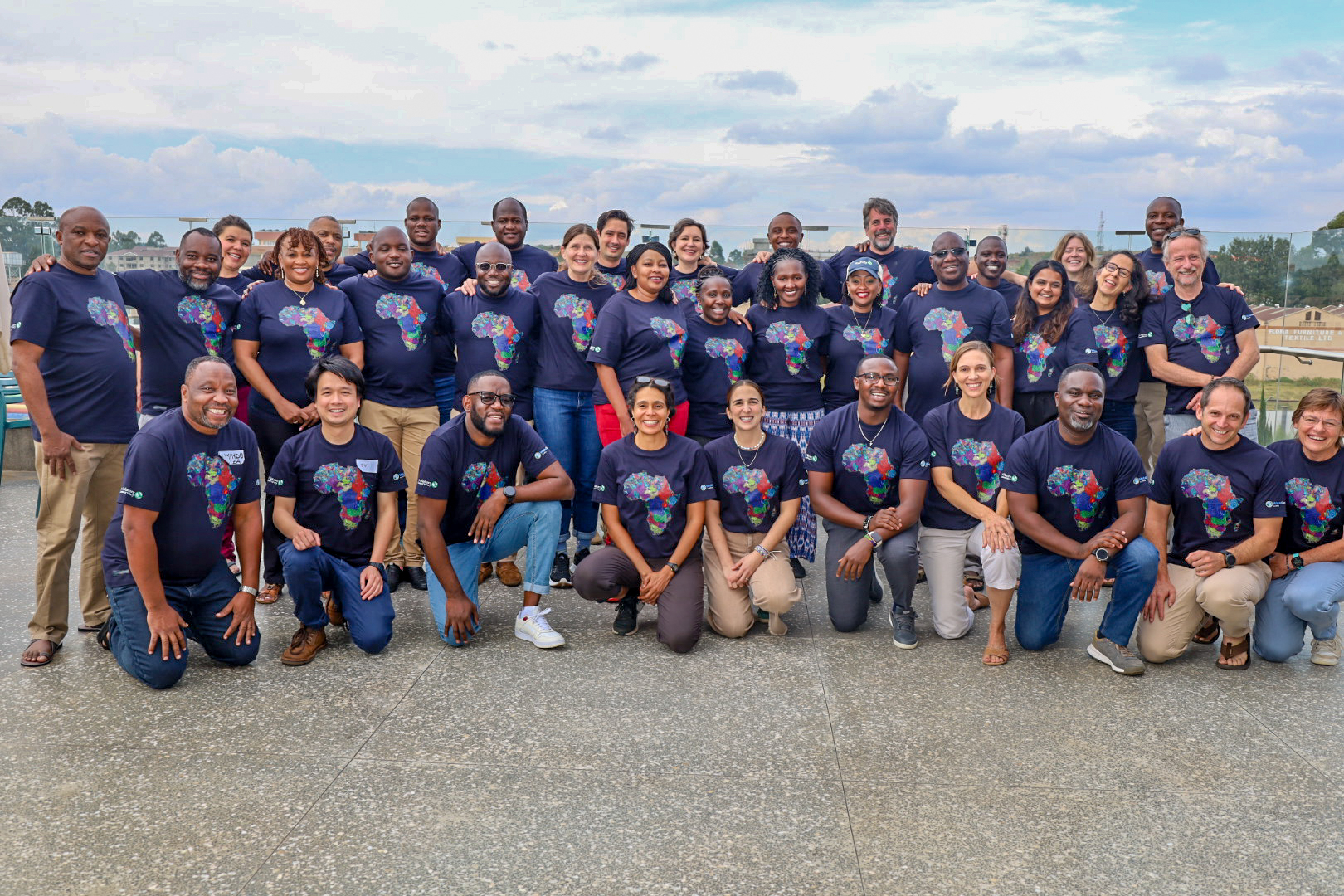By Faith Esika

From 22nd to 31st July, the Eldoret-Iten Water Fund (EIWF) hosted the International Fund for Agricultural Development (IFAD) Supervision Mission for its Mid-Term Review, a key milestone to assess the progress, impact, and future direction of the project. The mission not only marked a check-in on deliverables but also served as an opportunity to reflect on the real-world impact of Nature-Based Solutions (NbS) being implemented at the grassroot level.
The IFAD team, accompanied by EIWF staff, visited several restoration sites, interacting directly with community members whose efforts are at the heart of EIWF’s success. In Elgeyo Marakwet County, they witnessed the inspiring work of Kiebor Primary School students, who have taken the lead in restoring degraded sections of Sabor Forest bordering their school by planting indigenous and fruit tree seedlings. In Uasin Gishu County, the team visited the Kapsoen wetland, where the local community has come together to protect this fragile ecosystem through tree planting and fencing efforts to prevent further degradation.
The mission also highlighted the pivotal role of indigenous-led conservation with a visit to the Sengwer Community Tree Nursery, where the Sengwer Indigenous Community is restoring native biodiversity while promoting sustainable livelihoods. These engagements showcased how EIWF’s model of community-driven conservation is fostering environmental stewardship, empowering youth and indigenous communities, and securing critical water sources.
In a demonstration of strong local government support, the IFAD team paid courtesy calls to H.E. Wesley Rotich, Governor of Elgeyo Marakwet County, and H.E Evans Kapkea, the Deputy Governor of Uasin Gishu County. Both leaders reaffirmed their commitment to supporting the project, commending EIWF’s innovative interventions such as super napier grass for soil stabilization, water pans for water harvesting, and inclusive partnerships with indigenous communities.
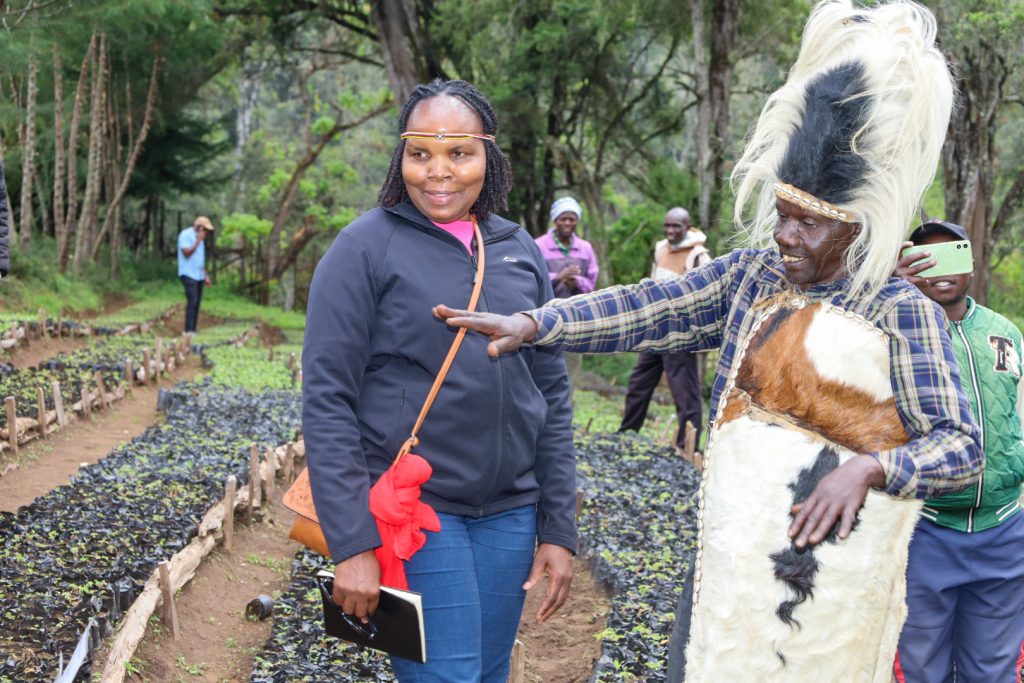
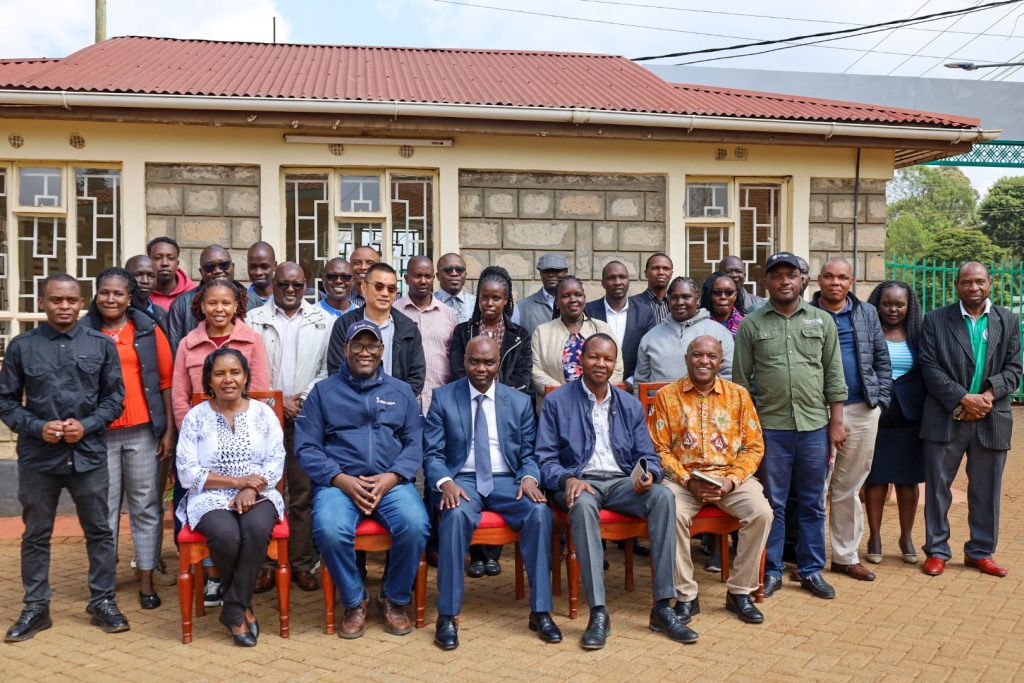
The Mid-Term Review affirmed the significant progress made through EIWF’s interventions, emphasizing the importance of maintaining a community-led approach in the next phase. The valuable insights gathered from the mission will guide the Eldoret-Iten Water Fund’s continued efforts to build a resilient, inclusive, and sustainable model of watershed conservation.
